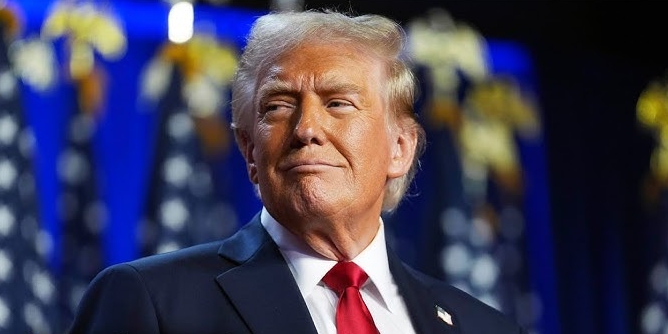In a recent tirade on Truth Social, former President Donald Trump reignited his long-standing conflict with the media, targeting ABC and NBC as 'two of the absolute worst and most biased networks anywhere in the world.' His comments reflect a significant escalation in rhetoric as he demands the revocation of these networks’ broadcast licenses, a claim stemming from his assertion that they represent a distorted narrative aimed at undermining his presidency.
Trump's assertion that 97% of coverage from ABC and NBC is negative raises critical questions about media bias. While similar claims have circulated among his supporters, independent analyses have not validated his specific statistic. Nonetheless, Trump's accusations serve a dual purpose: they reinforce his narrative of victimhood while mobilizing his base against what he claims is a biased media establishment.
Trump's call for the FCC to revoke the stations' licenses contains a notable misunderstanding of broadcast law. Licenses are held by local affiliates, not national networks, and are subject to compliance with public interest regulations rather than oversight of editorial content. This raises a constitutional debate regarding the role of government in media plurality and the potential chilling effect on press freedom.
The legal experts warn that any campaign to punish networks for political motives would likely face severe First Amendment challenges. Critics accuse Trump of authoritarian tendencies that threaten the integrity of free press, while his supporters argue for the necessity of federal intervention to address perceived media bias.
This ongoing clash is emblematic of Trump's broader media strategy, which has previously targeted outlets like CNN and The New York Times, denouncing them as 'enemies of the people.' His recent outbursts against ABC and NBC coincide with a burgeoning Republican narrative scrutinizing the influence of major media and technology companies in shaping public opinion.
In conclusion, while Trump's campaign against ABC and NBC may resonate with his followers, it also highlights deeper tensions within American democracy regarding media freedom and governmental influence, urging critical reflection on the boundaries of political discourse.




















